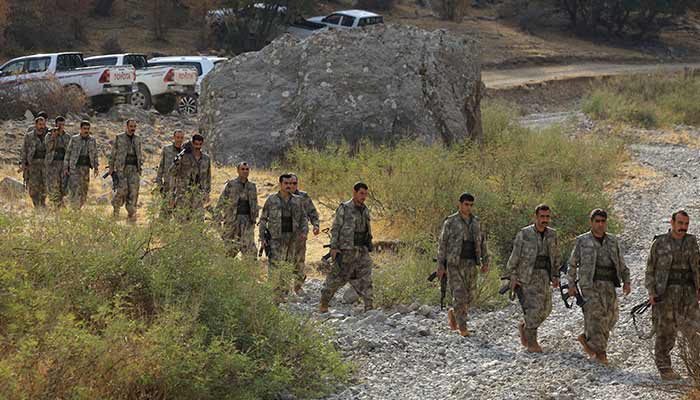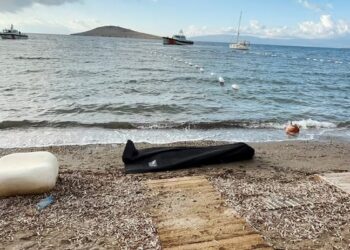Select Language:
The Kurdistan Workers’ Party (PKK) announced on Sunday that it is pulling back from Turkey as part of a disarmament process coordinated with the government. This move is intended to pave the way for the group to enter the political arena. The PKK, which has been fighting against the Turkish government since 1984, decided in May to disarm and disband following a call from its imprisoned leader, Abdullah Ocalan, to end the armed conflict. The ongoing conflict has resulted in over 40,000 deaths.
In July, the banned organization, classified as a terrorist group by Turkey, the United States, and the European Union, symbolically destroyed some of its weapons as a gesture of good faith. During a ceremony in the Qandil Mountains, their stronghold in northern Iraq, the PKK stated it had decided to withdraw all fighters from Turkey to establish a foundation for a “free, democratic, and brotherly life.”
The group emphasized that this move demonstrates its dedication to the disarmament and integration process. It called on the Turkish government to facilitate its transition into “democratic politics” through the passage of relevant laws. As a senior official read the statement aloud at the event, about two dozen PKK fighters stood in formation, with a large image of Ocalan displayed prominently in the background.
“We are committed to implementing leader Ocalan’s peace plan,” PKK spokesperson Zagros Hiwa told Reuters from Qandil. “The Turkish side must now carry out political reforms and create a conducive environment for this project.”
Turkish President Tayyip Erdogan’s communications director, Burhanettin Duran, praised the announcement and expressed hope that it would lead to lasting peace and stability. “This is a positive step towards the PKK finally laying down its weapons in all its components,” Duran wrote on X.
In recent years, the PKK has operated mainly from northern Iraq after being driven beyond Turkey’s southeastern borders. The Turkish military frequently targets PKK bases there and has established multiple outposts.
Over time, the PKK’s objectives shifted from seeking outright independence to advocating for increased Kurdish rights and limited autonomy primarily in southeastern Turkey, where the Kurdish population is concentrated. Turkey claims to support Kurdish rights but insists that it will not tolerate any separatist efforts.
If Turkey’s conflict with the PKK concludes successfully, it could have wider regional implications, particularly in neighboring Syria, where the U.S. allies with Kurdish forces that Ankara considers to be tied to the PKK.







